At Odyssey House, we utilize evidence-based practices to help individuals understand and manage the underlying triggers of substance use. Our approach is grounded in scientific research, clinical expertise, and decades of proven success, empowering clients to regain control over their lives.
Through structured interventions, we equip individuals with effective coping strategies to regulate cravings, reduce risk factors, and build sustainable recovery skills. Beyond cessation, our comprehensive treatment model focuses on relapse prevention, ensuring long-term stability and improved overall well-being post-treatment.
By integrating these clinically validated modalities, Odyssey House provides structured, individualized treatment designed to foster lasting recovery and improved quality of life.
Odyssey House Life

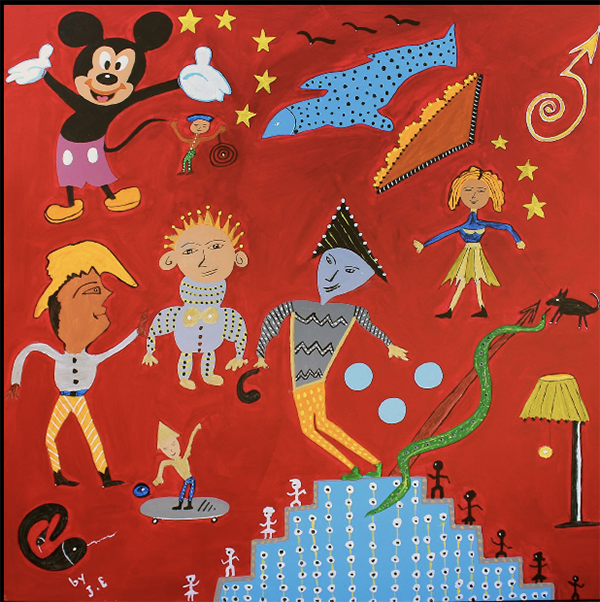
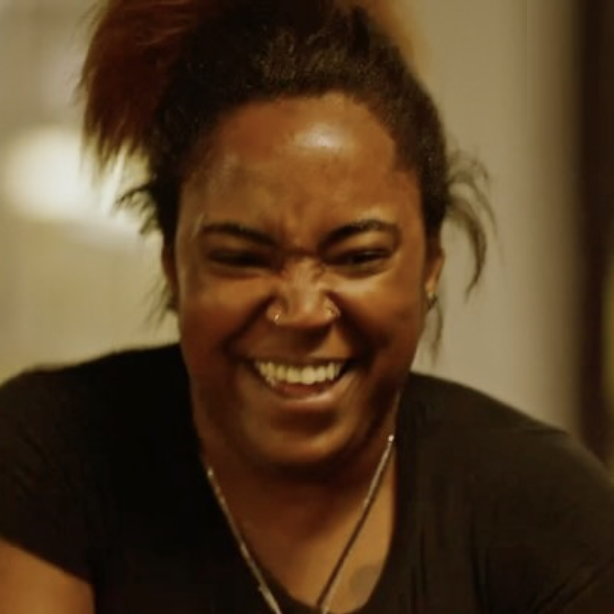

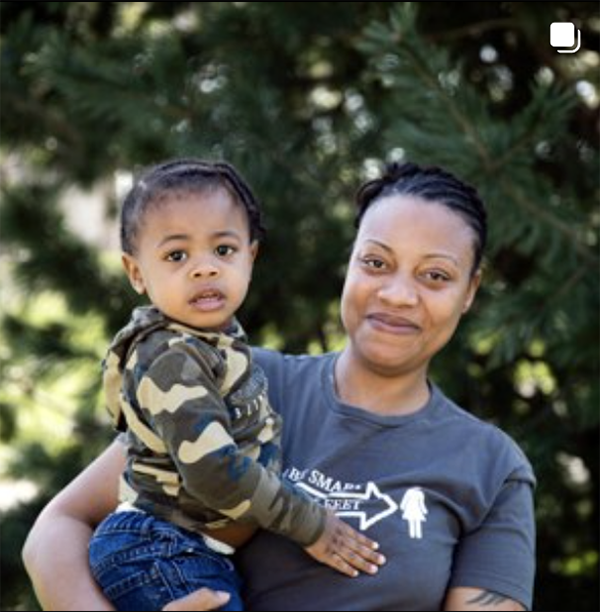
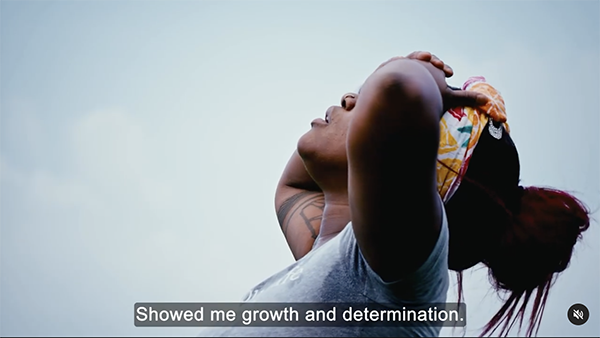

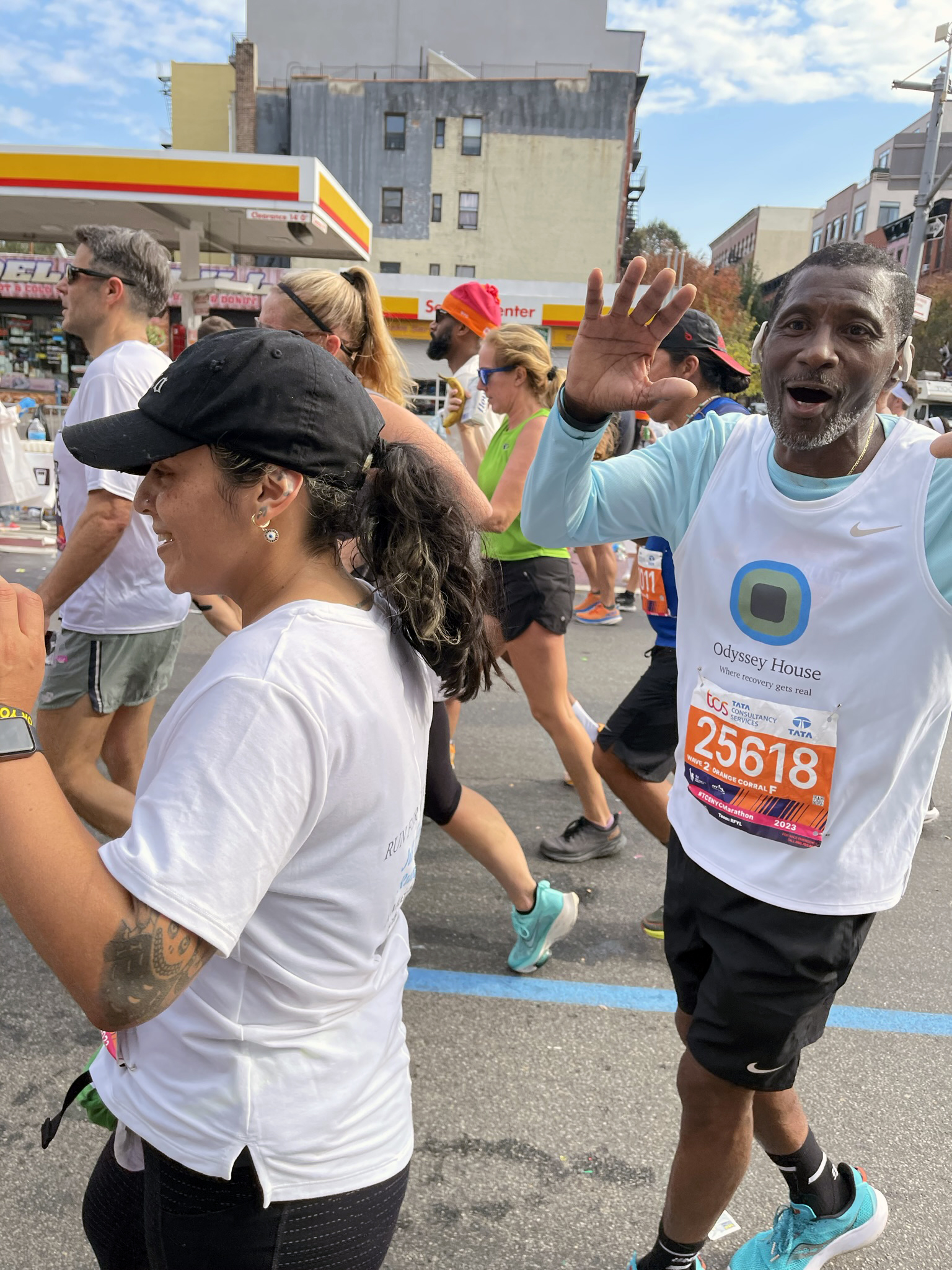
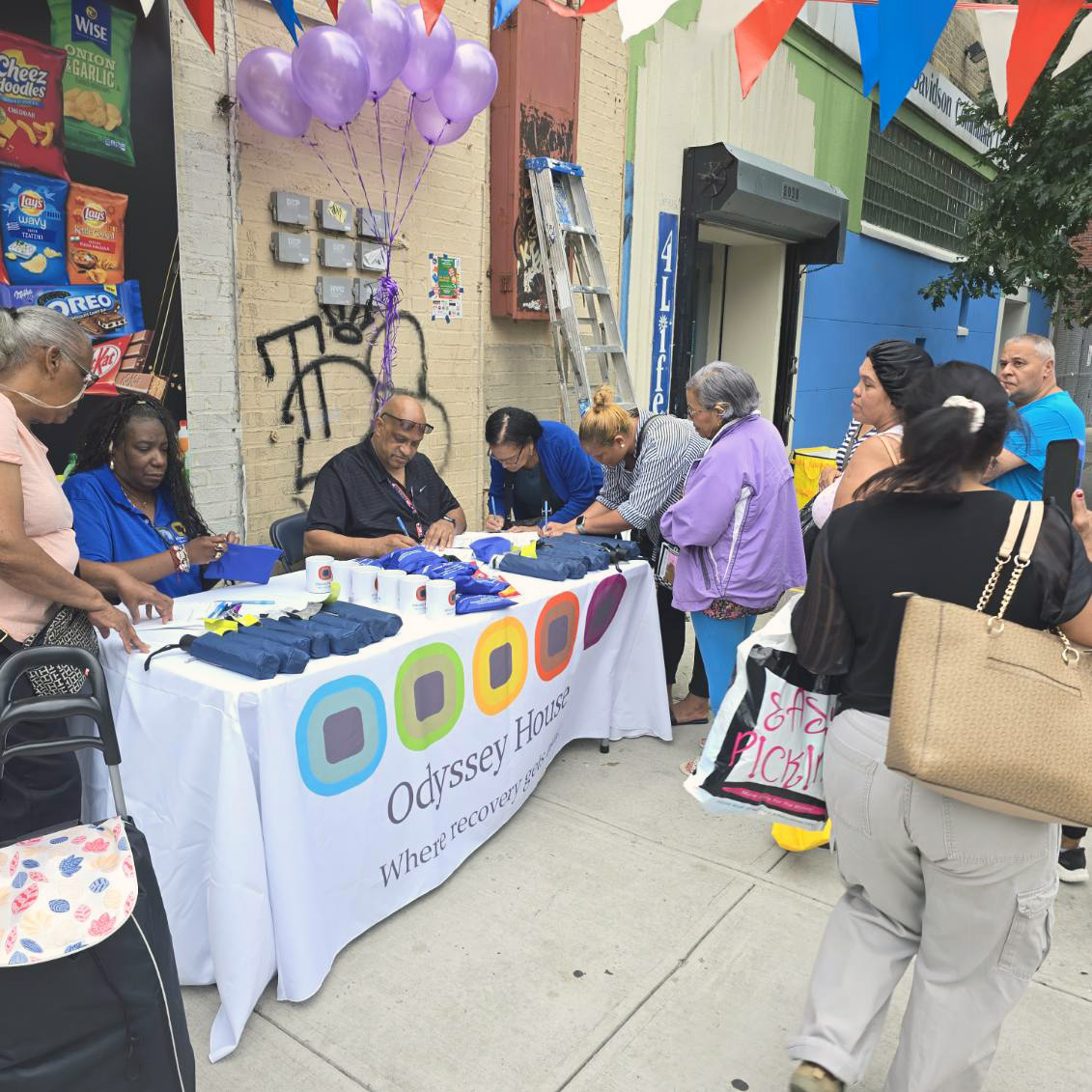

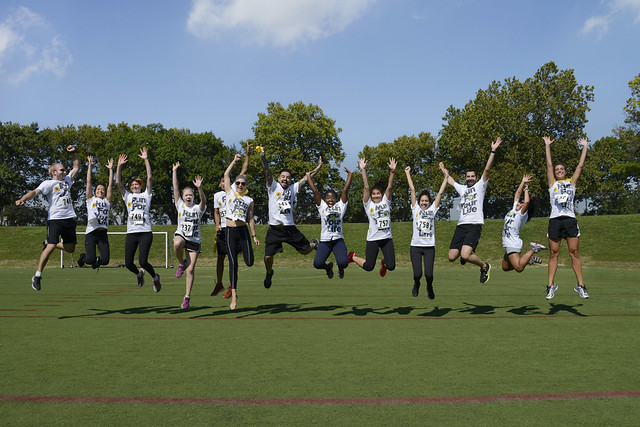
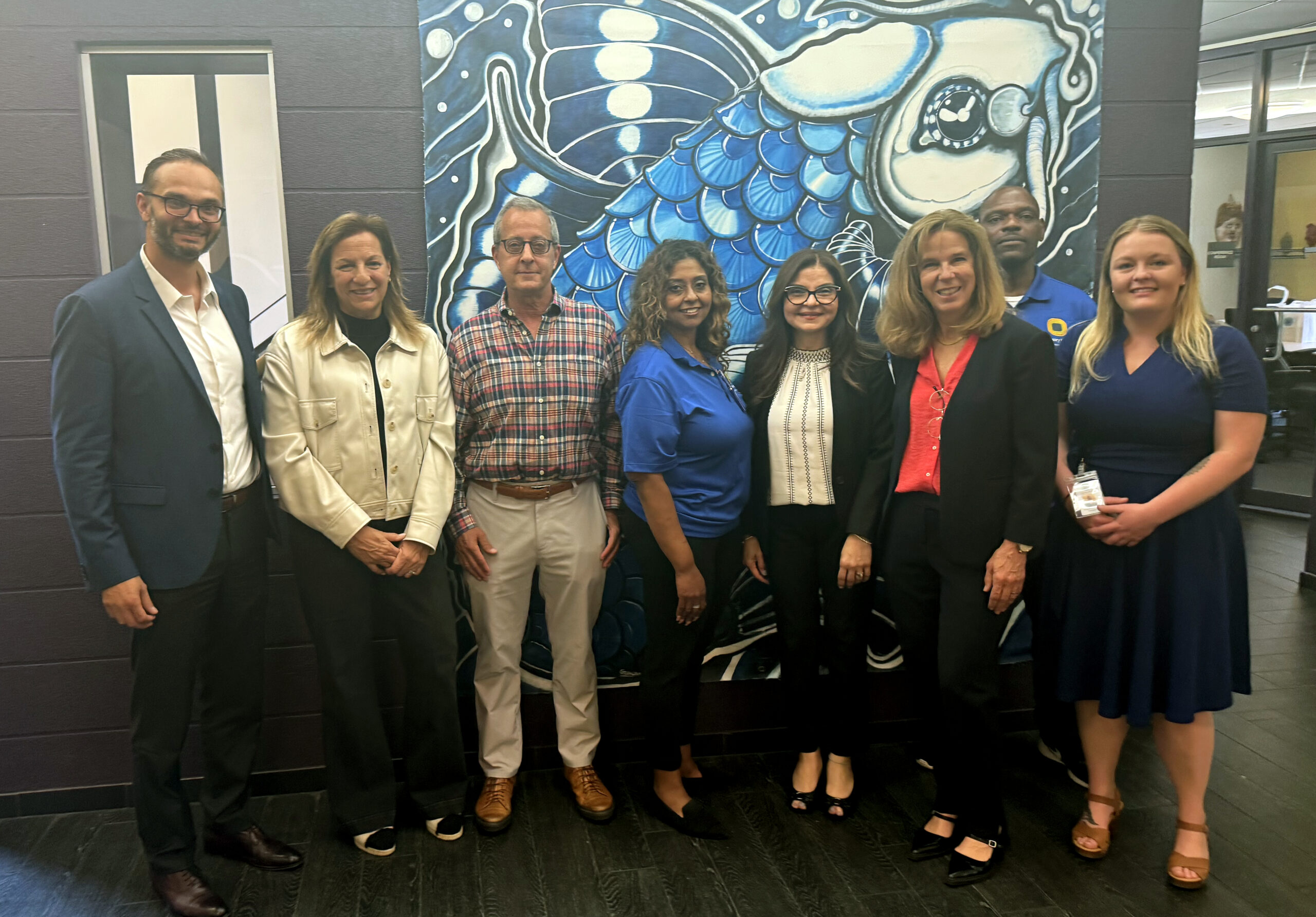
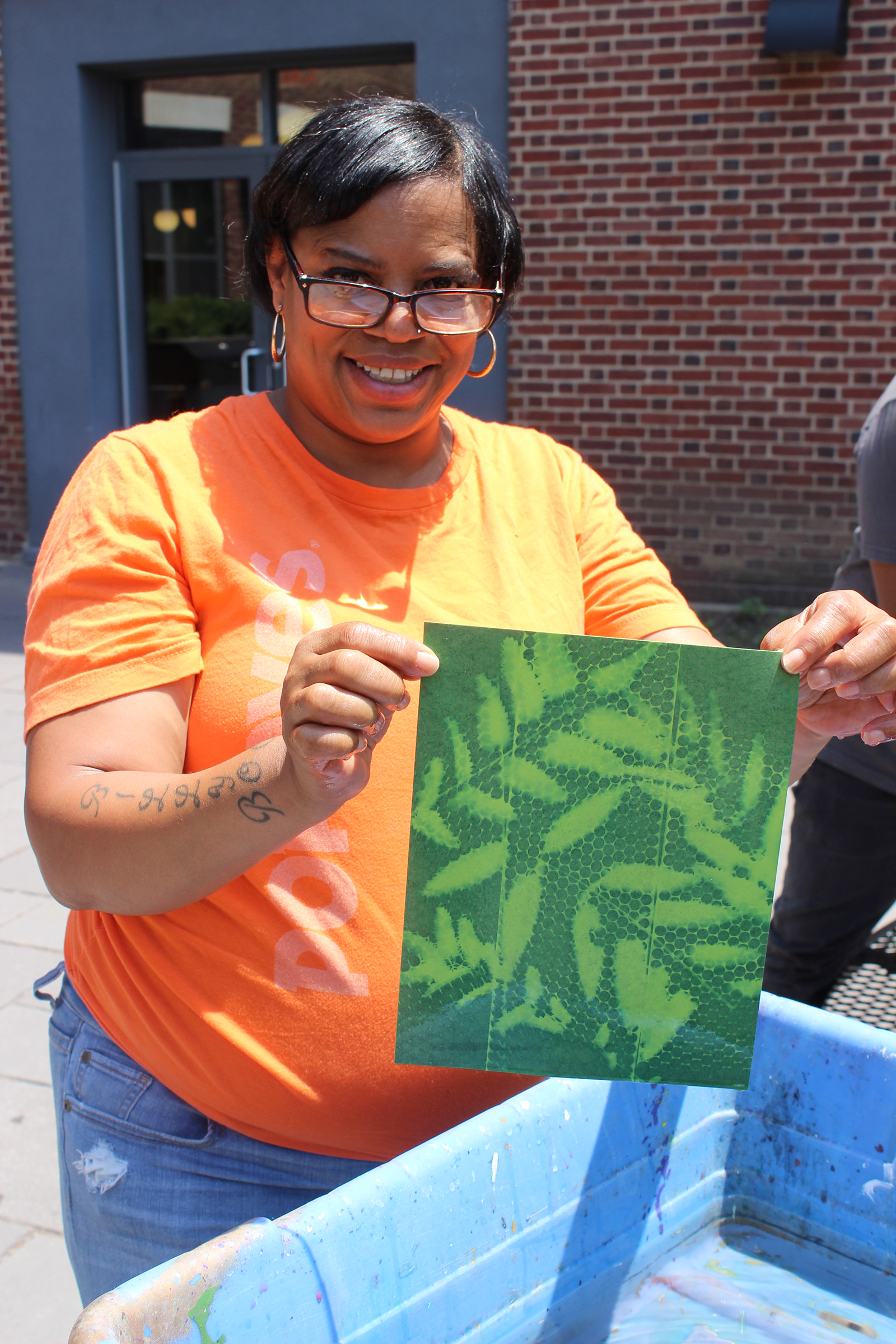


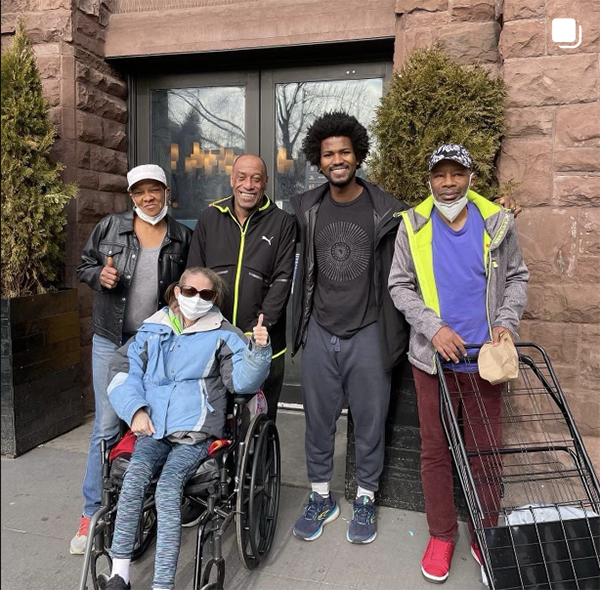
Life at Odyssey House is a journey of hope and transformation. It’s a space where individuals are met with compassion, understanding, and unwavering support as they take courageous steps toward recovery.
For over 50 years, Odyssey House has been committed to a continuum of care for individuals facing substance use and mental health disorders, including residential and outpatient treatment tailored to adults, young adults, women with children, and seniors, as well as permanent, transitional, and supportive housing.
We ensure that financial constraints are never a barrier, navigating Medicare, Medicaid, and all other payment assistance options — finding ways to cover fees for all who seek help.
Guided by dedicated professionals and a community of peers, life in a treatment program becomes a powerful testament to resilience and the human capacity for change. Our science-backed approach rebuilds lives, families, and NYC communities.

